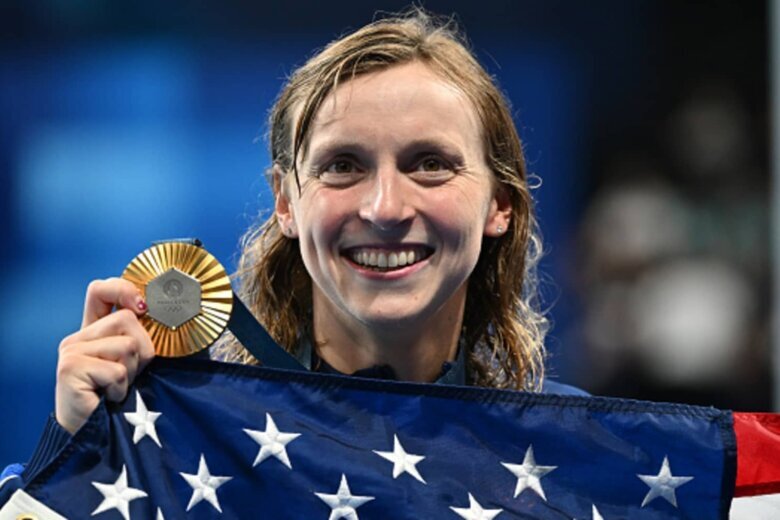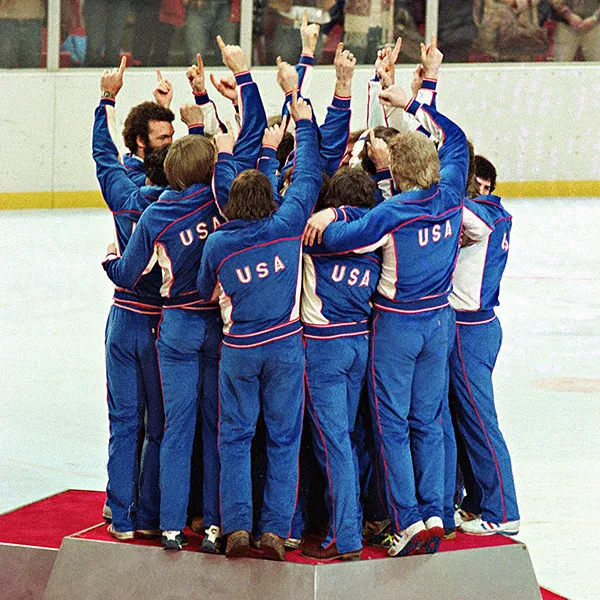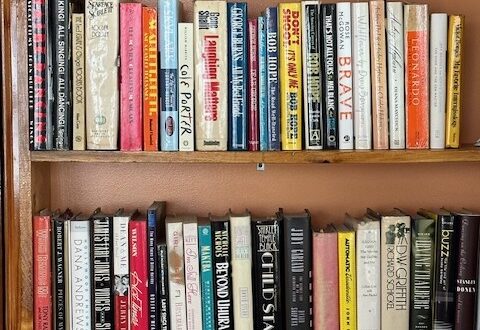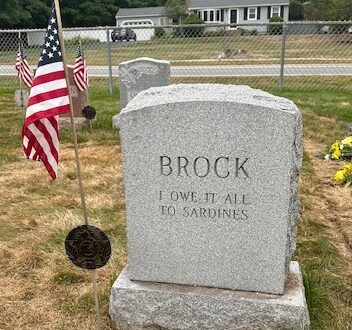When I was a kid, all activity in my house stopped when the Olympics came along. In those days, we had to wait four long years for a double-header of Summer and Winter events scheduled tightly within several months. We gathered in front of our flickering black and white television, eagerly watching the best athletes from all over the world as they competed for those shiny medals. Sports were a pretty big thing in my house anyway, but the Olympics were really something special. Mom often let us stay up later than usual, as the VCR had yet to be invented. From the bleary-eyed faces of my schoolmates the next morning I guessed that their parents were equally indulgent. Year round we watched baseball, football, and ABC’s Wide World of Sports on Saturdays, but the Olympics were more like a royal occasion, with all the athletes getting coronated as they marched into the stadium. Regardless of the outcome, every one of those young people was a star on opening night.
A few weeks before our nation’s Bicentennial, the Summer Olympics took place in Montreal, just 250 miles away from our house in Massachusetts. Nationalism was at its peak, and you couldn’t drive to the store without seeing red, white and blue flags, banners and signs lining every street. We all wanted our athletes to win the games, but one little girl scooped all the gold medals, and we couldn’t help but fall in love with her. Nadia Comaneci and her seven perfect 10’s won our hearts. Even with Russia and the Cold War as a looming threat, this Romanian gymnast with her spunky pigtails was safe to adore – and we did.
Four years later we would lose our minds when the U.S. Hockey Team beat the Russians and win the gold medal in what we now call the “Miracle on Ice.” Who were these kids? The captain was from where? Winthrop? The goalie was from Charlestown? That was just down the street! Could it be that some local kids that we may have bumped into might have a chance to wipe those smug looks off the Soviets? We really didn’t think it was possible, not even up until the last score, but there they were, all piling onto the podium with Mike Eruzione, proof that sometimes the good guys win. It was a shot in the arm during the chill of the Cold War.
During my childhood it had been awkward for my parents to try and explain why there was a West and East Germany to me – thus leading to stories of the Berlin Wall and the horrors of World War Two. I was a very sensitive child and took all the inhumanities in the world to heart. So, in 1992, when Germany marched into the Barcelona stadium under one flag, we all had a lump in our throats. And in 2000, when North and South Korean athletes marched into the Sydney stadium holding hands despite their countries still being technically at war, we wept. These statements of progress and peace at the games gave us all hope that our world might be headed for a better future.
It was even more fun to see when the athletes cheered each other on, which happened often. These were the same groups of people, I learned, that competed against each other at world competitions throughout the year. They knew each other, and they were now attending the most prestigious world event of all. And although the Olympic games brought out their natural competitiveness, it also appeared to bring out their kindness. Perhaps they were being influenced by the natural endorphins they were producing? It didn’t really matter – I loved to see them support each other.
This past summer, I watched the 2024 Summer Olympics almost 24 hours a day – this time basking in the glow of a 21st Century 60” flatscreen. I consumed at least a little bit of each sport, but especially enjoyed the road cycling, which showed the viewer gorgeous aerial views of the French countryside. The triathlon was unforgettable, watching rows of athletes diving into the recently cleaned Seine (some compared this to Boston’s Charles River), then cycling and running their butts off around Paris. Diving competitions should be for 4th, 5th and 6th place ribbons (after China), and it is interesting to note that neither judges nor captains can tell where the markers are during sailing competitions.
My verdict? Canoe slaloming is ridiculous, and break-dancing is not a sport. Favorite people? Katie Ledecky. Leon Marchand. Rebeca Andrade. Simone Biles just because, and that awesome kid Stephen Nedoroscik for making eyeglasses cool. I’ll be parked in front of my flatscreen two years from now, watching the world’s most gifted athletes compete in Italy, and hoping to see a beautiful political statement made by a few young optimistic citizens who might show their jaded leaders the way of the future.
I’d like to end this post by quoting one of my favorite poems, by Arthur O’Shaughnessy. For all the artists, poets, dreamers, athletes, writers, philosophers, hikers, stargazers and other weirdos who know that we can make the world a better place than the (mostly white) men who currently hold the power.
We are the music makers,
And we are the dreamers of dreams,
Wandering by lone sea-breakers,
And sitting by desolate streams; —
World-losers and world-forsakers,
On whom the pale moon gleams:
Yet we are the movers and shakers
Of the world for ever, it seems.
With wonderful deathless ditties
We build up the world’s great cities,
And out of a fabulous story
We fashion an empire’s glory:
One man with a dream, at pleasure,
Shall go forth and conquer a crown;
And three with a new song’s measure
Can trample a kingdom down.






